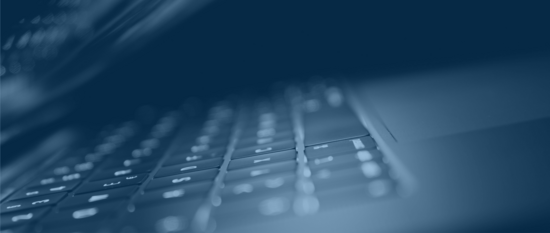
Information resourcesGeneral ICT proficiency
Proficiency in Information and Communication Technologies or, for short, “ICT proficiency” stands for the practical and technical skills to effectively pursue goals in a digital environment. It means being able to select and operate hardware (devices), software (applications), and services (such as web platforms).
- Instructions on how to use this page can be found on the entry page.
- Send feedback and reports problems to digital-literacies@clutterunibas.ch
Resources at the University of Basel
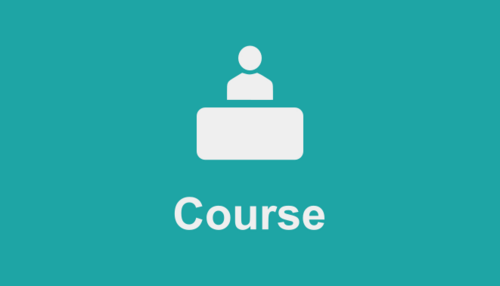
Courses from the IT Services
The IT Services offer courses on various areas of Digital Skills, including on the use of software such as Microsoft Office or Adobe InDesign. (In German.)
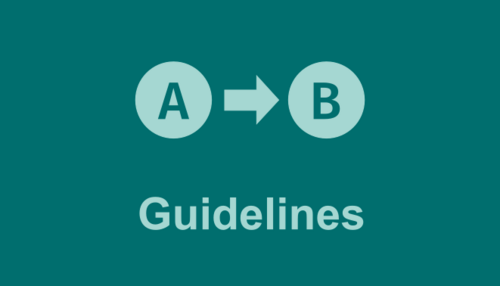
Working environment
The IT Services have guidelines on how to setup one's working environment at the University of Basel (e-mail address, internet access, software, etc.). (In German.)
![[Translate to English:] Tool](https://digitalskills.unibas.ch/fileadmin/_processed_/3/6/csm_tool5-ico_a411301303.png)
ITS service catalogue
The IT Services maintain a catalogue of all the services they have on offer for university members.
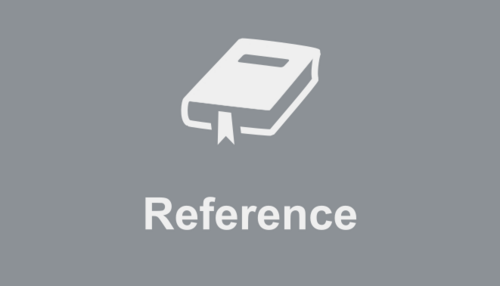
What are «Digital Skills»?
In this talk on Vimeo Dr. Sarah Genner, a renowned media scholar, presents a definition of digital skills and provides valuable critical insights on the topic of «digitalization». (In German).
Futher Internet Resources
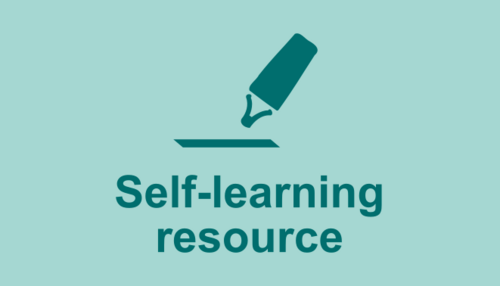
Elements of AI
The University of Helsinki offers a free online course that is an excellent introduction to artificial intelligence. It is available in several languages.

Digital Revolution
As part of the Digital SkillUp project, the European Union's Digital Revolution course provides a compact introduction with exercises (after login) to the fundamentals of digitalisation and helps develop a deeper understanding of its impact on private and professional life.
![[Translate to English:] Tool](https://digitalskills.unibas.ch/fileadmin/_processed_/3/6/csm_tool5-ico_a411301303.png)
Discovering applications
When searching for software, especially when looking for a replacement for a particular program, the crowded-sourced website AlternativeTo can be very useful.

What is «Digital Literacy»?
Colin Lankshear and M. Knobel discuss various definitions of «Digital Literacy» in their book Digital Literacy. Concepts, policies and practices.

EU Competence Framework
The goal of the "DigComp" project of the European Union is to provide a competence framework for all EU citizens. A new version of the framework (2.2) appeared in 2022. Available in different formats.
Continue to the next literacy area: Information resources for Information, data and media literacy
